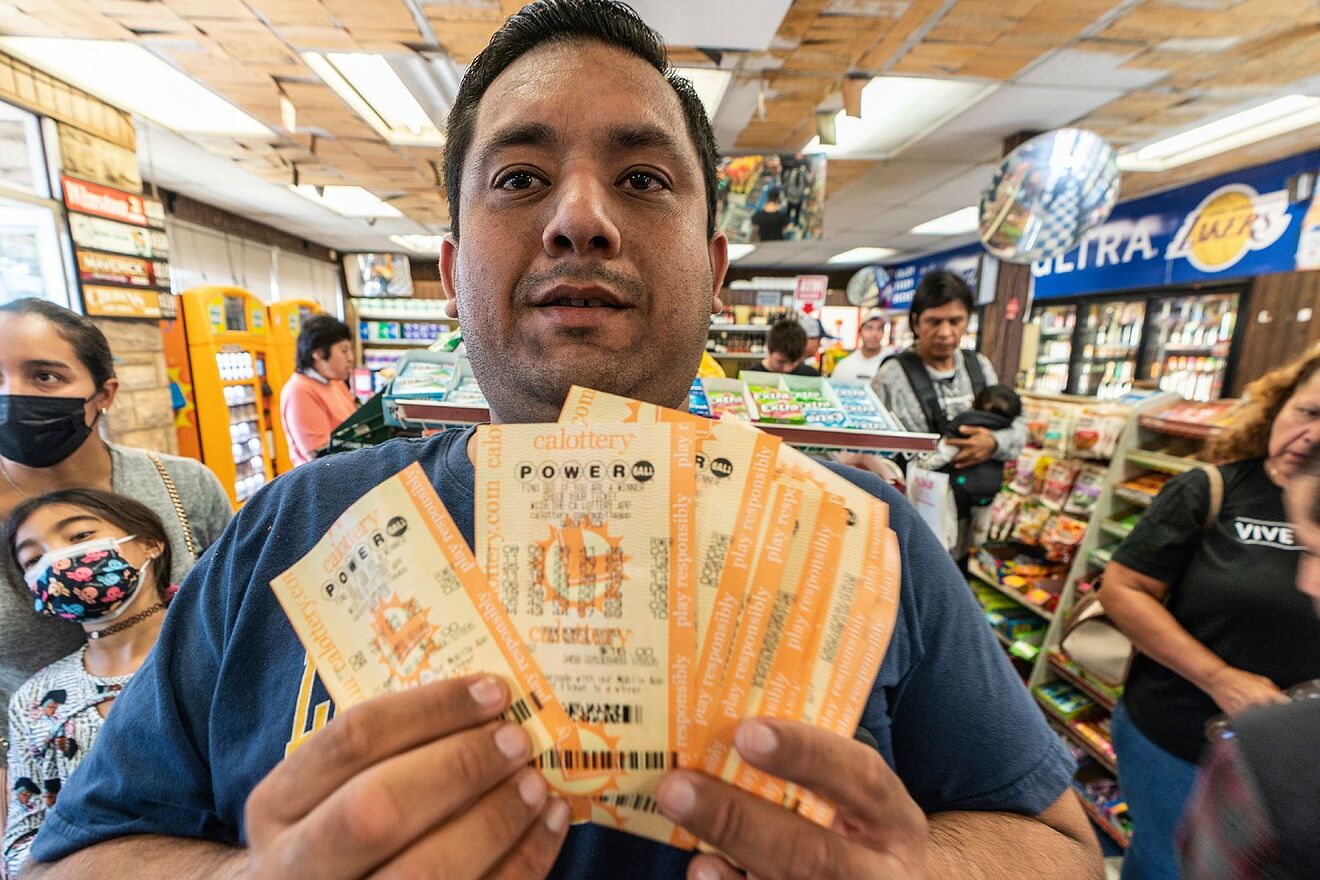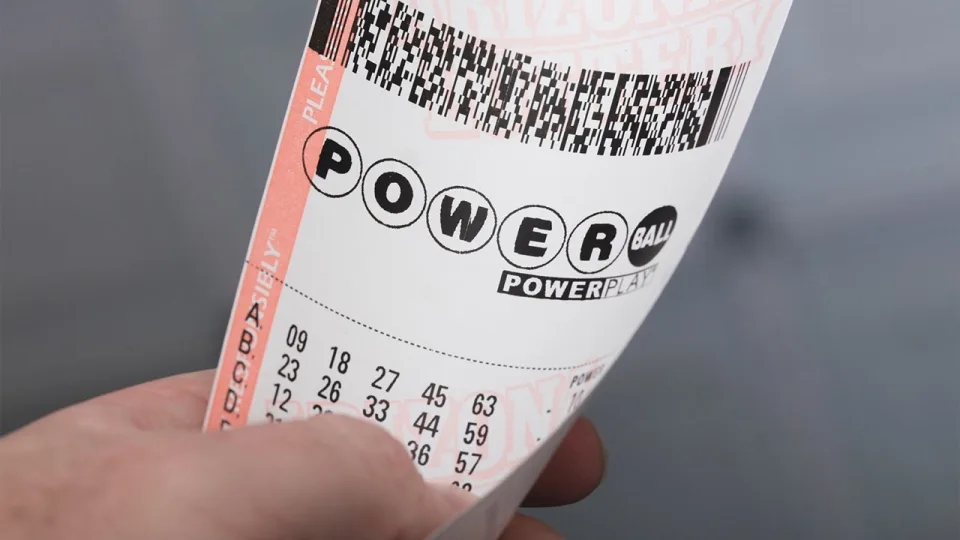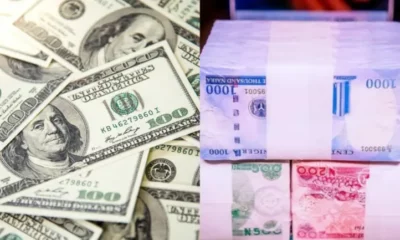After 40 consecutive drawings, there’s been no winner for the Powerball—putting Monday’s jackpot at $1.9 billion, the largest prize in history. The previous record Powerball pot was back in 2016, when it reached $1.58 billion. It was split by three winners in California, Florida, and Tennessee.
With more tickets still to be sold before Monday night’s drawing, the jackpot could grow even bigger.
Winners can choose to receive a one-time lump sum payment or an annuity, with the prize being paid out over 30 years. Most financial experts advise winners take the lump sum, and that’s what most winners opt to do. If there’s a winner Monday night who chooses the lump sum option, they could take home roughly $929.1 million, the second-highest cash prize ever.
The winner—or winners—will owe 24% to the IRS in federal taxes, and then additional taxes when they file (winning that much money will put you in the top federal tax bracket).
All About #Powerball Jackpot’s Record $1.9B
Then there are the state taxes. Fourteen states don’t levy additional tax on lottery winnings: Alabama, Alaska, California, Delaware, Florida, Hawaii, Nevada, New Hampshire, South Dakota, Tennessee, Texas, Utah, Washington, and Wyoming.
Winners in other locations could pay as much as 10.75% in state or local taxes, according to USA Mega.
View this interactive chart on Fortune.com
- Washington, D.C.: 10.75%
- Maryland: 8.95%
- New York: 8.82%
- New Jersey: 8%
- Oregon: 8%
- Wisconsin: 7.65%
- Minnesota: 7.25%
- South Carolina: 7%
- Connecticut: 6.99%
- Montana: 6.90%
- Idaho: 6.50%
- West Virginia: 6.50%
- Vermont: 6%
- Rhode Island: 5.99%
- New Mexico: 5.90%
- Georgia: 5.75%
- Arkansas: 5.50%
- Iowa: 5%
- Kansas: 5%
- Kentucky: 5%
- Maine: 5%
- Massachusetts: 5%
- Mississippi: 5%
- Nebraska: 5%
- North Carolina: 4.99%
- Illinois: 4.95%
- Ohio: 4.80%
- Louisiana: 4.75%
- Oklahoma: 4.75%
- Arizona: 4.50%
- Michigan: 4.25%
- Colorado: 4%
- Missouri: 4%
- Virginia: 4%
- Indiana: 3.23%
- Pennsylvania: 3.07%
- North Dakota: 2.90%
The drawing is Monday, Nov. 7, at 11 p.m. ET.
This story was originally featured on Fortune.com

Powerball’s jackpot offers $1.9 billion for the next winner. The current Powerball prize is the largest lottery jackpot ever recorded.
If you win the full jackpot, don’t expect the 1.6 billion into your account. You will pay several taxes and fees.
To buy a Powerball ticket, you need to be 21 years old. It doesn’t matter if you are an immigrant or a legal resident, all can participate to win the prize.
However, everyone must pay the same tax fees.
The vast majority of winners prefer a unique payment option. That would transform the 1.6 billion into $782.4 million before taxes.
The Federal Government has a tax rate of 24%, and the price will reduce to $594.6 million. Nevertheless, the Internal Revenue Service could take another cut to the total.
The jackpot will be deducted another 13% due to more taxes. Now you have a Powerball Jackpot worth $492,9. And there is more.
Depending on where you bought the ticket, you might pay state taxes. Several states won’t deduct anything from the prize, and others could take up to 10% of the jackpot.
You have a chance to win every Monday, Wednesday, and Saturday night at 10:59 p.m. EDT, when the Powerball is drawn.
The multimillion-dollar jackpot grows larger with each rollover, and each ticket costs only $2 or $3, depending on whether you want to play.
Powerball tickets are $2 each, $3 each for Powerball plus Power Play, $3 each for Powerball with Double Play, and $4 each for Powerball L with Power Play and Double Play.
Purchase your ticket from a seller. Each ticket has five panels ranging from A to E, allowing you to pay for each panel five times.


























